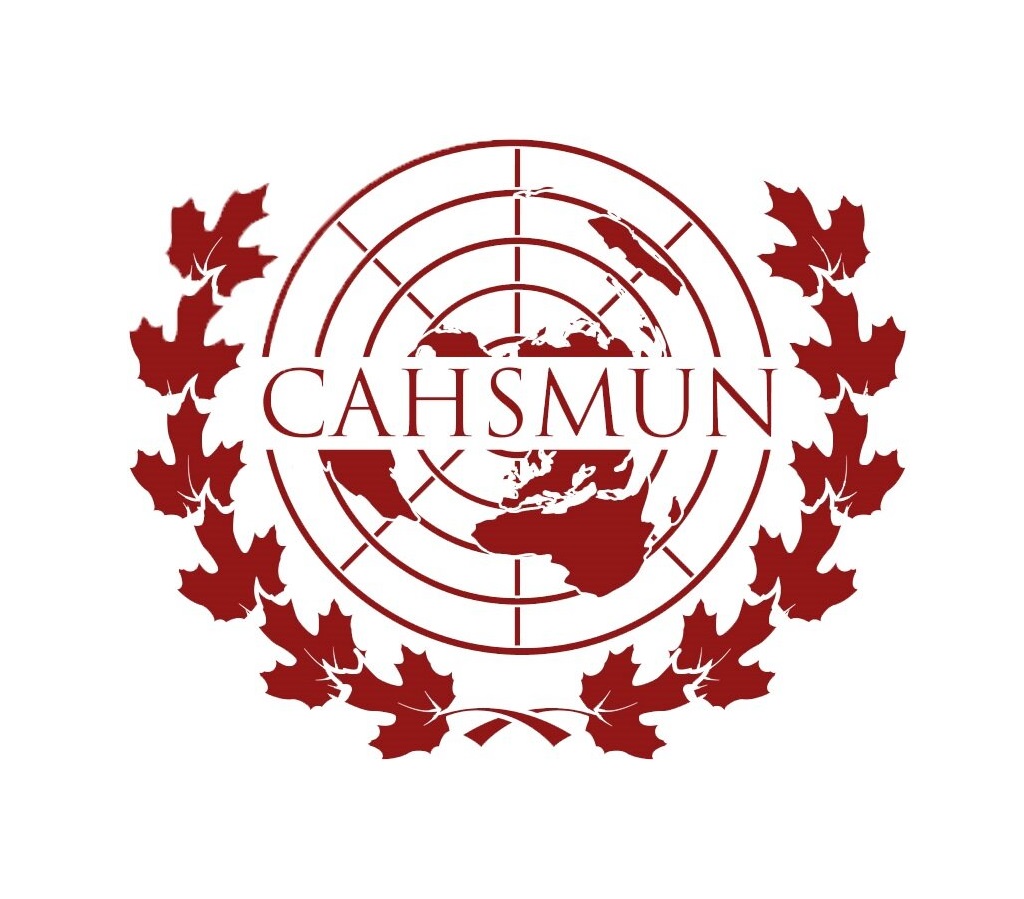The international refugee crisis’s hint toward deep wounding for the collective EU as the continent grapples with the influx of asylum seekers and international migration policies. Recent initiatives spearheaded by the United Nations High Commissioner for Refugees (UNHCR) and partnerships with nations like the United Kingdom (UK) reshape the anatomy of refugee assistance and protection.
Europe is a primary destination for asylum seekers, specifically those fleeing from the Middle East and North Africa, straining resources of EU host nations. Refugee resettlement spark political divisions within Europe, causing nations to unfit nations for stringent border controls and greater solidarity of burden-sharing, advocating for cohesive development of emergency response programs.
Issues lead to social tensions and marginalization. Solutions discussed to integrate refugees into European societies effectively consist of implementing language acquisition programs with flexible schedules and technology tools, provide cultural sensitivity training, ensure access to education and vocational training, offer employment support and inclusive hiring practices, promote community engagement initiatives, and ensure policy coordination among government agencies and NGOs.
The perception of refugees as potential security threats has fueled xenophobic attitudes and nationalist movements in some European countries.
Fidesz, the political party led by Prime Minister Viktor Orbán, imposes severe immigration restrictions in Hungary, inciting xenophobia as migrants are portrayed as security risks. Furthermore the League party in Italy has benefited from anti-immigrant rhetoric by placing a higher priority on national security than accepting refugees. These instances highlight the necessity of striking a balance between humanitarian ideals and security measures in order for protection of refugees and host nations.
Collaboration with international organizations like the UNHCR and partnerships with other nations demonstrate Europe’s commitment as it leverages the business sector to be in coherence with refugee skills, promoting sustainable solutions. Furthermore it allows Europe to further soft power and influence on the global stage.In standing as opposition to displacement, fostering solidarity and cooperation, and embracing the diversity of the refugee population the EU navigates this issue with resilience and compassion.
